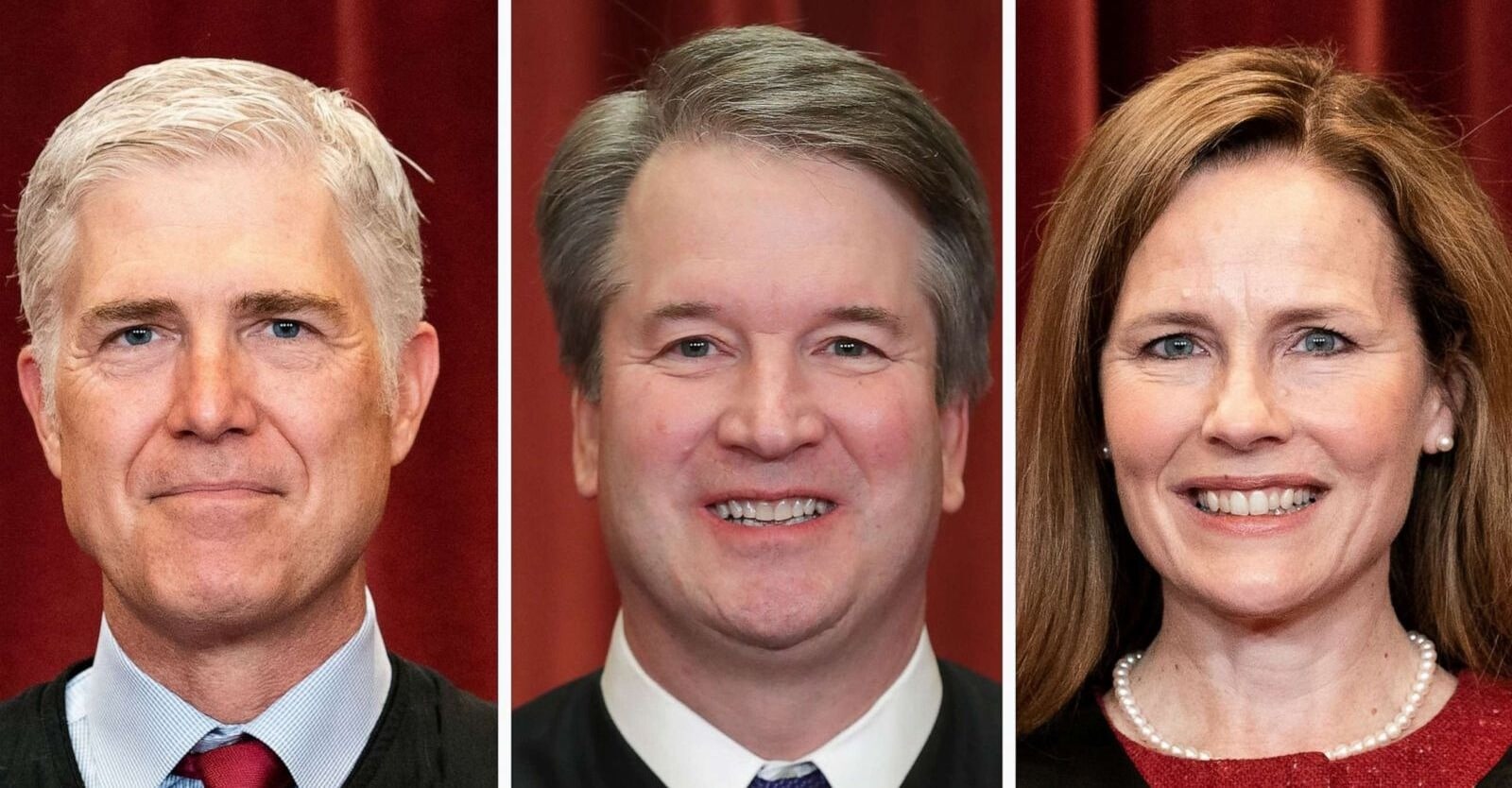OPINION: This article may contain commentary which reflects the author's opinion.
The U.S. Supreme Court has issued a significant ruling involving the state of South Carolina’s decision to defund Planned Parenthood.
A majority 7-2 ruling by the nation’s highest court blocks a lower court ruling preventing the state from cutting funding to the abortion provider in a case titled Kerr v. Planned Parenthood South Atlantic, the Daily Caller reported.
In a March 2022 ruling, the 4th U.S. Circuit Court of Appeals, located in Richmond, Va., blocked the state from terminating public funding for Planned Parenthood South Atlantic through Medicaid because Planned Parenthood provides abortion services.
“At the outset of this litigation, the district court issued a preliminary injunction preventing South Carolina from terminating Planned Parenthood’s provider agreement. We affirmed its decision then. South Carolina now returns to our court to appeal the district court’s subsequent permanent injunction,” Reagan-appointed U.S. Circuit Court Judge Harvie Wilkinson wrote for the majority, according to Courthouse News.
“In sum, we refuse to nullify Congress’s undeniable desire to extend a choice of medical providers to the less fortunate among us, individuals who experience the same medical problems as the more fortunate in society but who lack under their own means the same freedom to choose their healthcare provider,” he added.
Wilkinson and two other judges in the three-judge appeals panel ruled in favor of Medicaid patient Julie Edwards, stating that South Carolina’s attempt to defund Planned Parenthood violated her right to choose her Medicaid provider.
Their decision upheld a permanent injunction that was issued by U.S. District Court Judge Mary Lewis, who President Obama appointed.
The Daily Caller adds:
Planned Parenthood South Atlantic and a Medicaid patient sued the state in 2018 after Republican South Carolina Gov. Henry McMaster signed a bill removing the abortion provider from the state’s Medicaid program. Robert Kerr, South Carolina’s director of Health and Human Services, is the opponent in Planned Parenthood’s case because he oversees the state’s Medicaid funds.
Planned Parenthood is fighting South Carolina’s six-week abortion ban signed in May 2022 when the Supreme Court was preparing to overturn Roe v. Wade in the Dobbs v. Jackson Health case, allowing states to decide on whether abortion should be legalized. The organization has also called for court packing and term limits for SCOTUS appointees.
In March, the high court struck down a lower court ruling that would allow a minor child to go to court to get permission for an abortion ban informing her parents. Biden’s new Supreme Court Justice Ketanji Brown Jackson penned the solo dissent in the case.
“That lower court decision, issued last April by the St. Louis-based 8th U.S. Circuit Court of Appeals, seems moot as a result of the Supreme Court’s momentous Dobbs ruling last June that overturned Roe v. Wade and ended the federal constitutional right to abortion,” Politico reported.
“The high court’s order … directed the appeals court to vacate the judgment in the case out of Missouri and declare it moot. The Supreme Court issued no opinion or detailed explanation for its action. However, Jackson penned a solo, four-page dissent arguing that the justices have become too liberal in granting requests from parties to nullify rulings issued by lower courts,” the outlet added.
“This case presents absolutely no ‘extraordinary’ circumstances,” Justice Jackson said.
“In my view, it is crucial that we hold the line and limit the availability of Munsingwear vacatur to truly exceptional cases,” she said.
The case involved a 17-year-old in Missouri who went to court to obtain permission for an abortion without notifying her parents. A lower court clerk informed the minor that her parents would be notified even though she did not want them to be. The minor then went to Illinois for the procedure but sued the state of Missouri.
The 8th Circuit Court of Appeals sided with the woman, who is now an adult, but the Supreme Court decision vacated that ruling.
